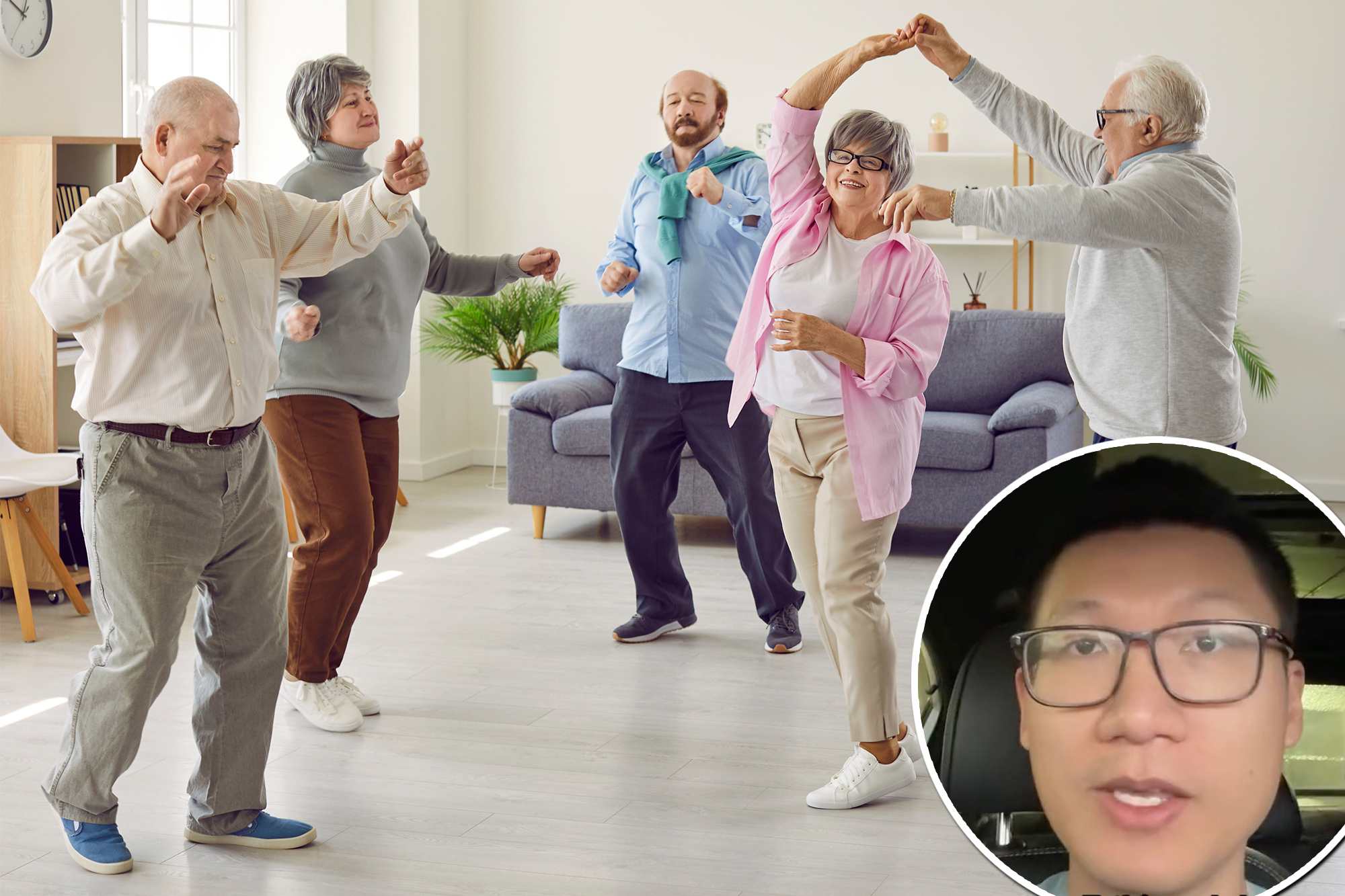
Showing off your sharp moves on the dance floor can help keep your brain sharp, too.
If anyone should know it’s Dr. Baibing Chen, a neurologist who once worked as a professional dancer – and says he still makes sure to regularly inhibit a movement to reduce the risk of dementia.
Dr. Chen – who goes by Dr. Bing – broke down the things he always does for brain health and to reduce his chances of developing dementia.
“I danced almost every day to practice for competitions and shows and worked for a while as a professional backup dancer,” he said. “These days, most of the dancing I do is with my daughter and us just freestyle.
“But here’s why dancing is one of the best, if not the best, activities you can do for your brain health. Studies have shown that dancing increases neuroplasticity and can even reverse brain aging.
“This is because dancing requires coordination, rhythm, creativity, spatial awareness and memory, which stimulate multiple regions of the brain.
“Dancing also releases endorphins and lowers cortisol levels, which reduces stress and increases overall mental well-being.”
People who think they can’t dance needn’t worry: Dr. Bing said it’s actually even better for non-pacers because it “challenges your brain and body even more.”
There’s even science to back this up. In 2003, researchers at the Albert Einstein College of Medicine studied how different types of leisure activities affected the risk of dementia in the elderly.
While reading, playing board games and playing musical instruments all reduced risk, playing tennis or golf, swimming and cycling did not. In fact, they wrote, “Dancing was the only physical activity associated with a lower risk of dementia.”
According to Harvard Health, another study in 2012 found that Zumba improved mood cognitive skills such as visual recognition and decision making.
Cutting a rug can also help people who are already struggling with dementia. However, another report published in 2019 determined that dance therapy had a positive effect on “physical and cognitive function, functionality, psychological outcomes, and quality of life in people with Alzheimer’s disease.”
#backup #dancer #turned #neurologist #busting #move #ways #fight #dementia
Image Source : nypost.com